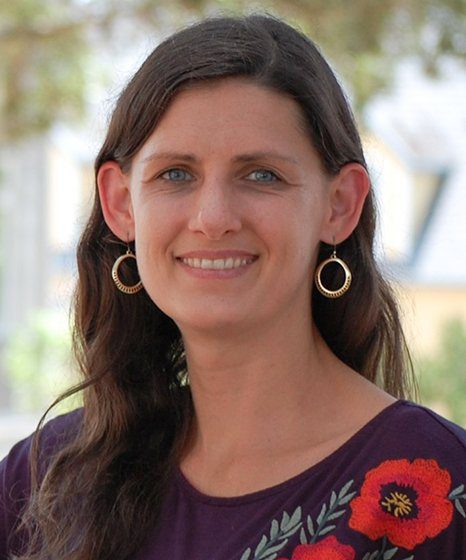
Reed Smith

The Supreme Court’s unanimous decision in favor of Catholic Social Services (CSS) in Fulton v. City of Philadelphia may remind many religious freedom advocates of The Rolling Stones: “you can’t always get what you want, but you might just find you get what you need.” Fulton is a major win for religious freedom; the Court held that when a law even contemplates exemptions, that law is not generally applicable and governments must satisfy strict scrutiny when denying religious exemptions. Because, however, the Court punted on whether to overturn Smith v. Employment Division, a 1990 decision holding that generally applicable laws that burden religious exercise need only have a rational basis, some advocates cannot get satisfaction from the Court’s ruling. Christian Legal Society filed an amicus in Fulton on behalf of itself and allied organizations asking the Court to overturn Smith.
CSS has provided foster parent services to the City of Philadelphia for more than 200 years. Consistent with Catholic teachings regarding marriage, CSS does not screen same-sex married couples as prospective foster parents, although it indicated that it would refer such couples to one of the many other agencies that provide foster parent screening. Despite contractually allowing its contractors to request exemptions for certain referrals, the City refused to give shelter to CSS’ religious beliefs and would not renew its contract with CSS. CSS then sued to restore its status as a foster care provider, but the trial court and appellate court held that the City’s refusal was allowed under Smith because the burden on religious exercise under these generally-applicable laws satisfied a rational basis scrutiny. The Supreme Court granted certiorari and took up the question of whether Smith should be overturned.
Although the Court unanimously held in favor of CSS, it stopped short of overruling Smith. Instead, the Court held that the City’s nondiscrimination policy was not generally applicable under Smith because the City maintained full discretion to give exemptions to its contractors. This reservation of authority to grant exemptions triggered strict scrutiny under the Free Exercise Clause, and the City’s interest in its nondiscrimination policies could not satisfy strict scrutiny. Notably, the Court rejected the City’s argument that it should not consider this reservation because the City had never granted an exception under this policy, instead holding that the reservation itself was sufficient.
CLS’s amicus brief, authored by Doug Laycock and Tom Berg, urged the Court to overturn Smith, arguing that Smith is inconsistent with the original purpose of the Free Exercise Clause. Under Smith, governments need not justify any burden on religious exercise as long as a law is generally applicable. CLS pointed out that the First Amendment forbids any law “prohibiting the free exercise” of religion, regardless of whether the law has other applications. Justice Alito, joined by Justices Thomas and Gorsuch agreed, indicating that they would overrule Smith and reinstate the Sherbert v. Vernor standard that burdens on religious exercise must satisfy strict scrutiny. Although CLS’ amicus brief was not directly cited, Professor Laycock’s work was cited five times by Justice Alito’s concurrence.
Notably, Justice Barrett’s concurrence, joined by Justice Kavanaugh, indicates a willingness to revisit Smith, even stating that the arguments against Smith are “compelling.” Her concurrence, which indicates that she did not find it necessary to overturn Smith in this case, shines a light on her concerns about what standard the Court should adopt to replace Smith. There’s little doubt that future challenges to Smith will attempt to sway Justices Barrett and Kavanaugh to the idea that the Sherbert standard or something similar strikes a proper balance between religious freedom and administration of the law.
Although Smith survived the Court’s decision, it remains to be seen whether time is on its side. Five justices indicated a willingness to overturn Smith if necessary to reach the right result. For now, religious freedom advocates should be happy with a clear and significant victory for religious freedom. If governments allow (or even contemplate) any exceptions, they must give strong solicitude to religious exceptions. The unanimous decision in Fulton is a major win for religious exercise, even if it does not mark the last time that the Court will examine Smith.

Mike Schutt
Director, CLS Law School Fellows

Alanna Walker
Grants Coordinator

Michelle Williams
Law Student Ministries Coordinator
GET UPDATES
The views expressed on the CLS Blog are the views of the individual authors and do not necessarily reflect the positions of Christian Legal Society.
The purpose of the CLS Blog is to generate discussion with a free exchange of ideas and opinions.
▦ |CLS - Christian Legal Society © 2024|














































